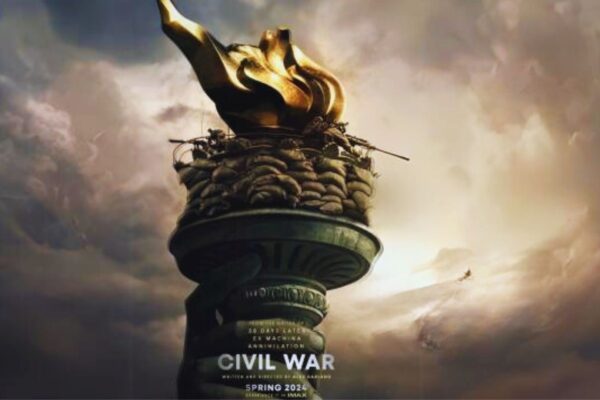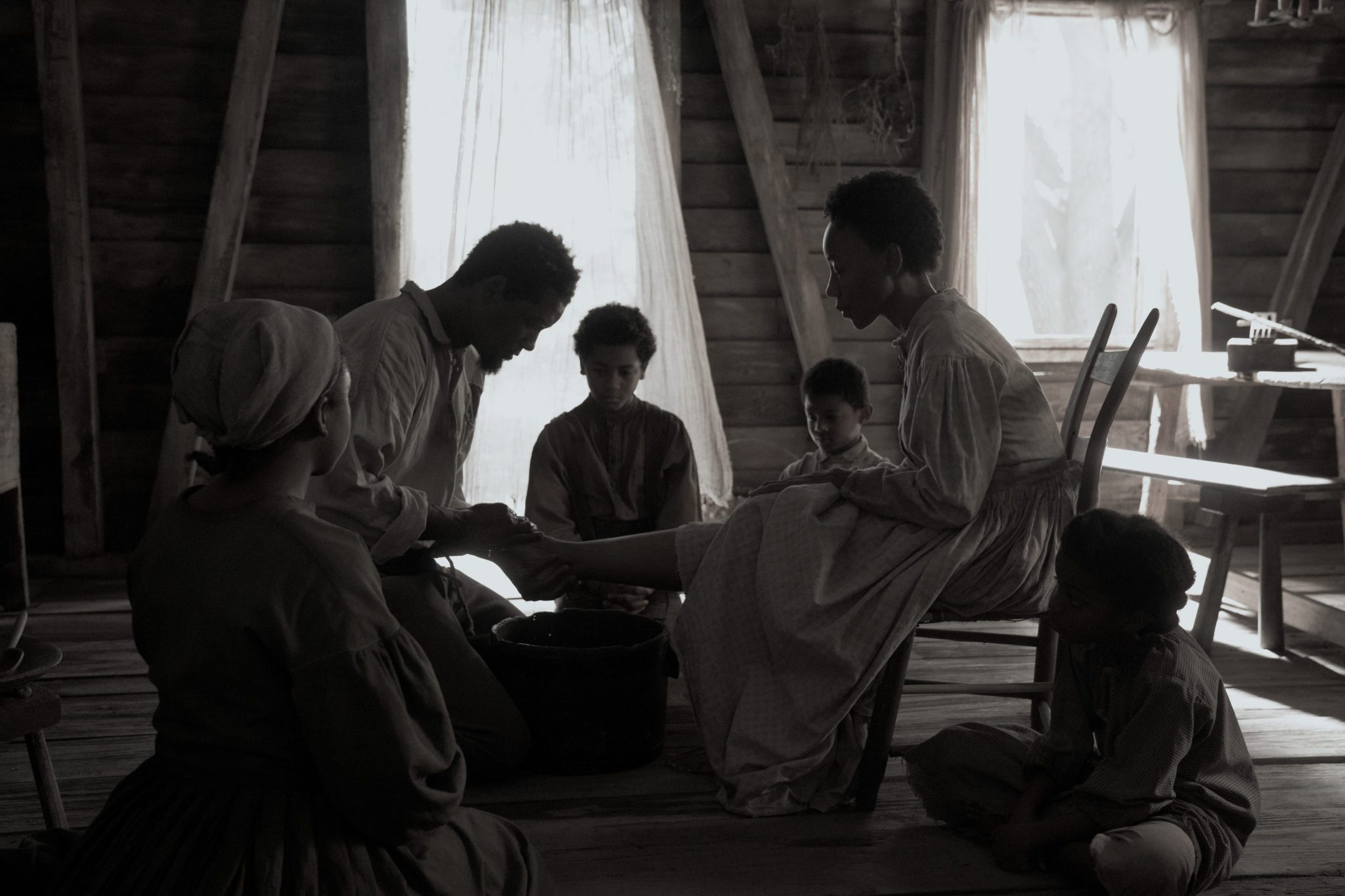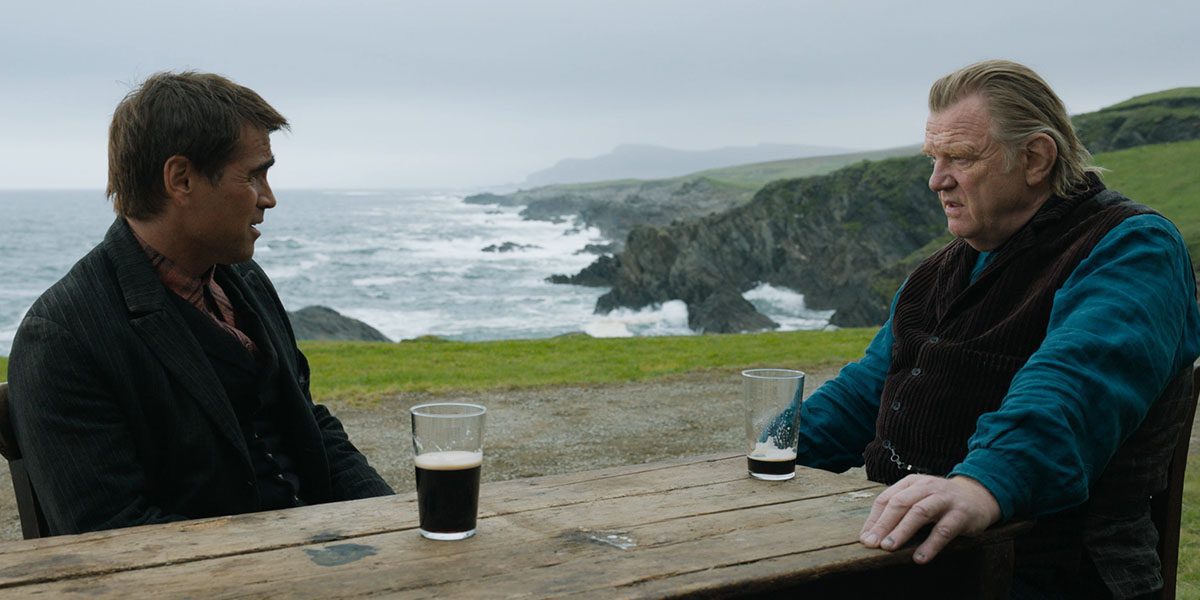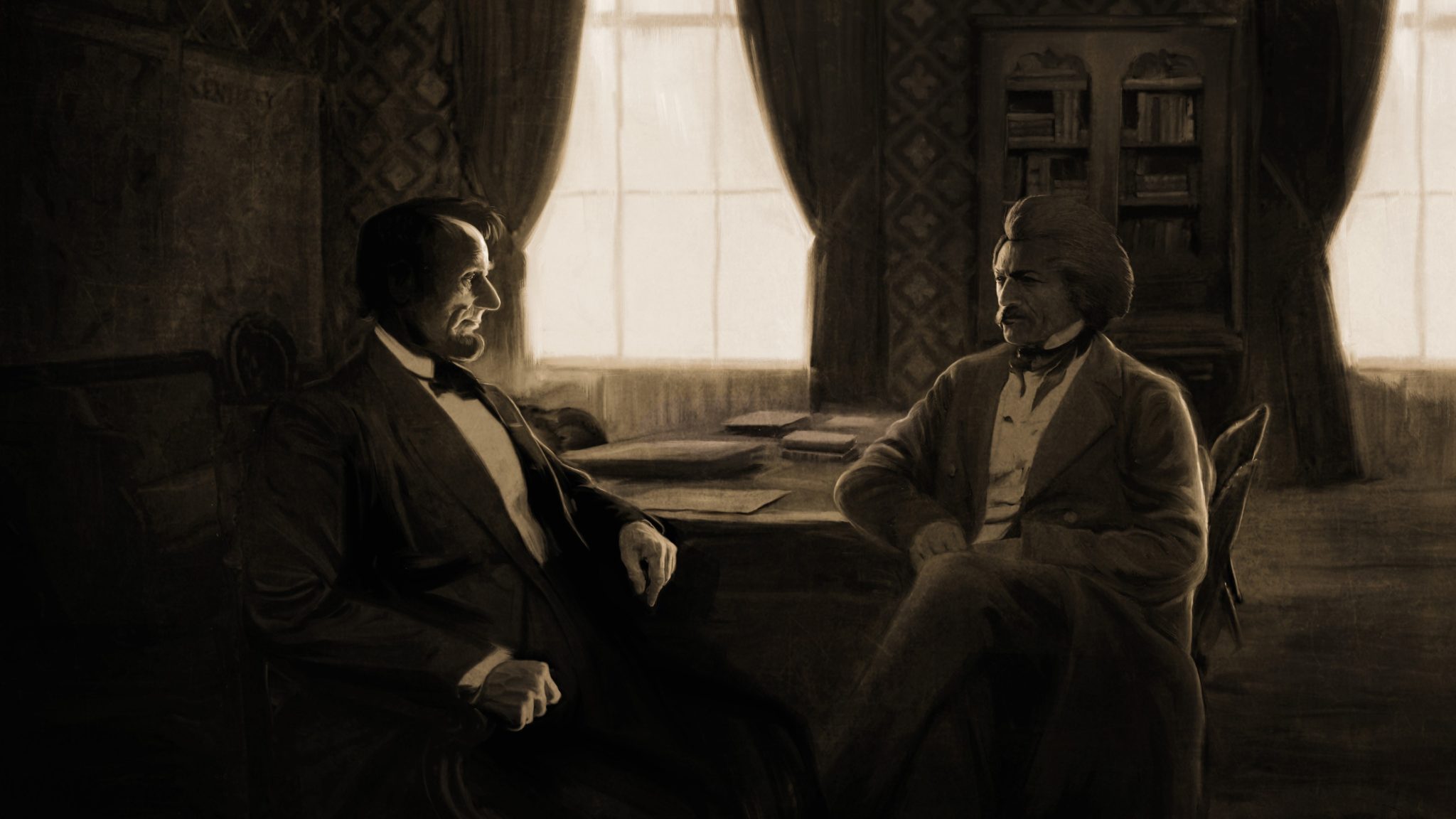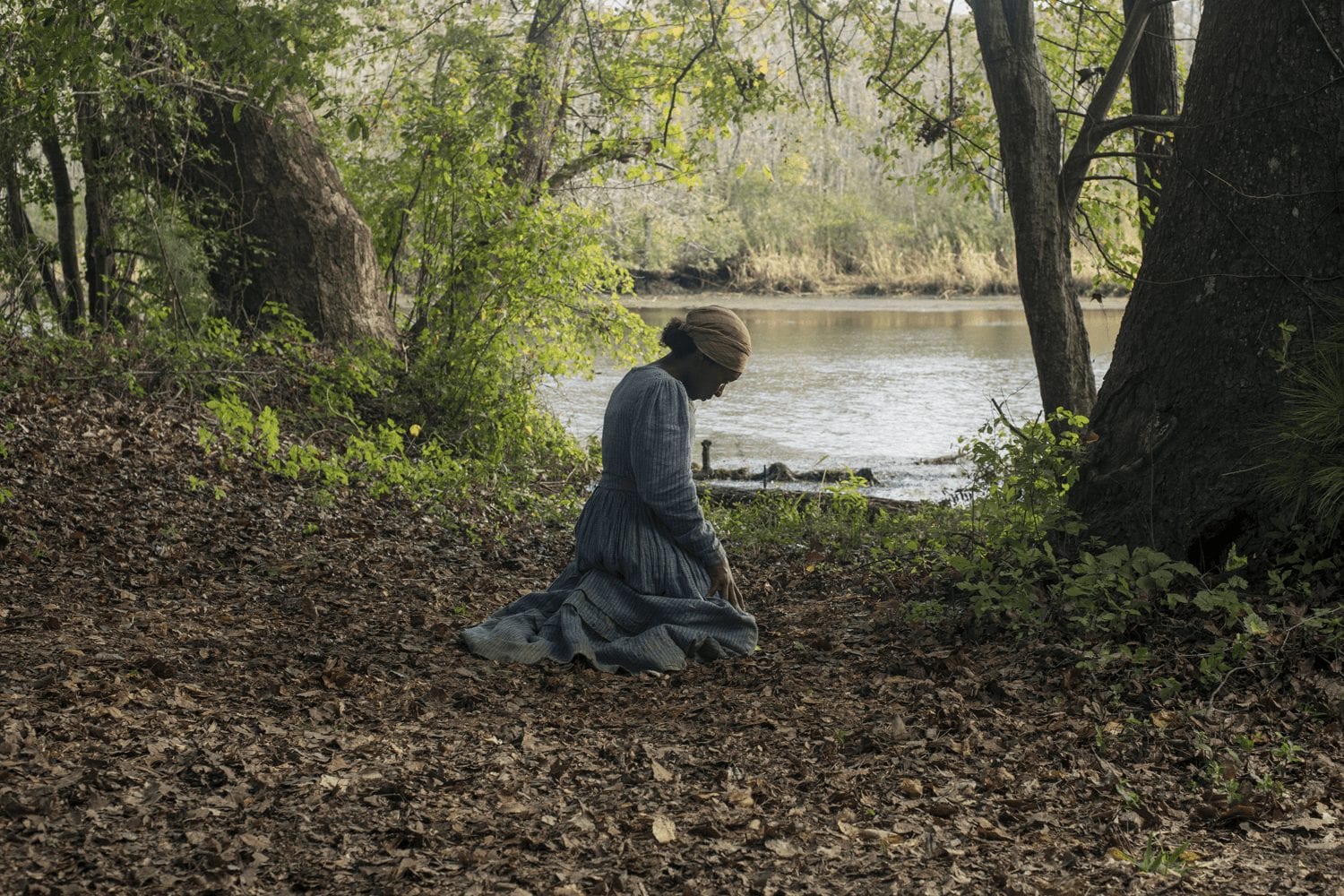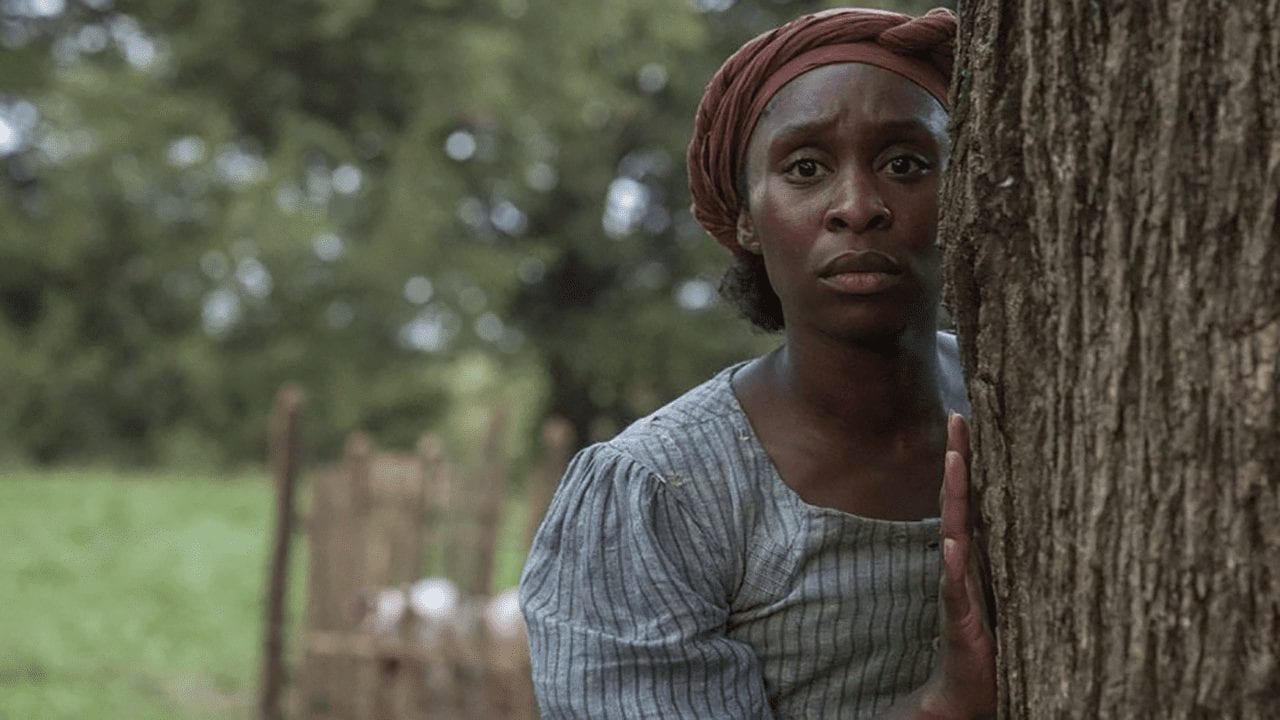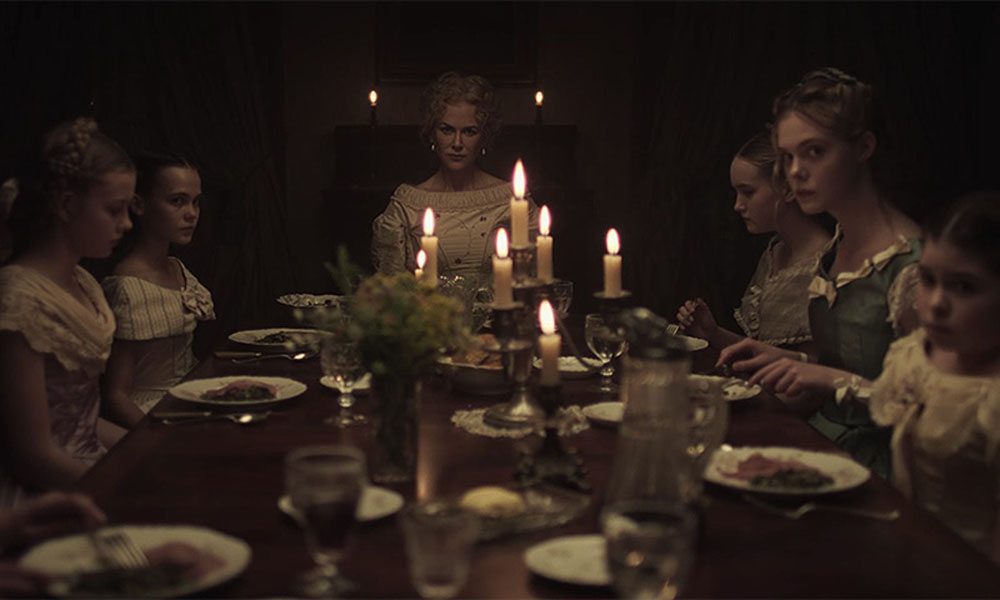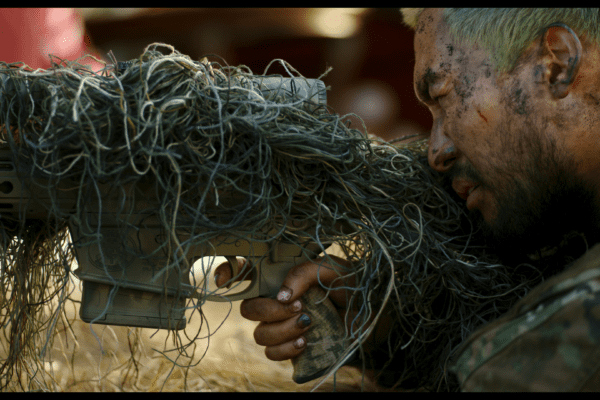
Civil Discussion: 1on1 with Alex Garland (CIVIL WAR)
Alex Garland is fighting a new battle. In the past, Garland has tackled such topics as the dangers of A.I. (Ex Machina) and toxic masculinity (Men). But now, in his latest film, Civil War, the director has set his sights on the brutality of a divided America. Set in the near future, Civil War depicts America as a…


